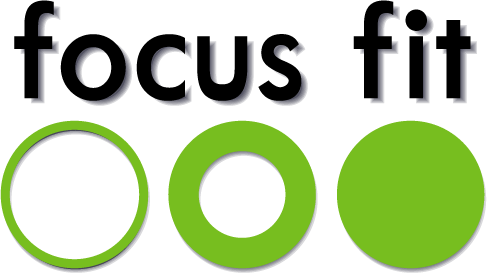10 Ways to Burn Calories and Reduce Fat
The desire to burn fat is one of the main reasons why people start exercising. They want to look and feel better. That might have been the start of your fitness journey, too. There are a lot of factors that play into burning fat. It’s not as simple as exercising once a day, five times a week. The way you spend the rest of the day, the food you eat, and your genetics all play a large role in burning fat.
Burning fat comes from a combination of decisions you make to compound into physical results. It doesn’t come from a fad diet or supplements, although those might work in the short term. It takes dedication and a healthy lifestyle to lose and maintain. Here are 10 great ways to increase fat loss and live a healthy lifestyle.
1. STRENGTH TRAINING AND BUILDING MUSCLE
Strength training is any type of exercise that involves your own body weight or equipment to build muscle mass, endurance, and strength. It helps you develop stronger bones, improve heart health, and decreases body fat. As your muscle mass increases through training and hypertrophy, your resting metabolic rate increases causing your body to burn more calories at rest to maintain normal functions.
2. INCREASE PROTEIN INTAKE
Protein helps to preserve muscle mass and reduce your appetite. By increasing your protein intake, you will be supporting the muscle mass built through training while feeling fuller from eating for longer. Some protein-rich foods chicken salmon, lean beef, eggs, peanut butter, and lentils. Check out more protein rich foods in our blog post, Getting In Your Protein.
3. ADD IN CARDIO
Cardiovascular activity raises your heart rate and body temperature to supply your muscles with blood and oxygen. There are many different forms of cardio that all help you burn more calories and in turn reduce fat. You can walk, run, dance, hike, swim, or bike to name a few. Cardio can be low or high intensity.
4. GET THE PROPER AMOUNT OF SLEEP
Sleep is a big factor in weight loss. WebMD notes that when we receive too little sleep, that triggers a spike of cortisol, a stress hormone, that signals to your body to conserve energy to fuel your waking hours. Lack of sleep also influences your body’s ability to process insulin, resulting in more fat being stored. 7-9 hours of sleep a night is ideal, both for general functions of the body and brain but also to allow muscles to recover from exercise.
5. CUT OUT UNNECESSARY SUGARS
Keyword here is unnecessary. Sugar can’t and shouldn’t be completely avoided. Lots of fruits, vegetables, and dairy products have natural sugars. When it comes to processed sugars like ice cream, cookies, candy, and soda, those are the sugars that can be cut out of your diet. Sugars like that are empty calories that can be replaced with whole foods that will help you stay full for longer.
6. DRINK CAFFEINE
And all the coffee drinkers said amen! Caffeine helps boost your metabolism and promotes lipolysis, a process by which fats are broken down. It can also enhance fat burning during aerobic exercise. Green tea is a great form of caffeine that could also have fat burning properties. If you aren’t a fan of green tea, black tea or coffee will do the trick, but try to avoid large amounts of cream and sugar.
7. DON’T SKIP BREAKFAST
Breakfast is the most important meal of the day after all. WedMD notes more than 75% of people who lose more than 30 pounds and keep it off eat a morning meal every single day. Eating breakfast helps keep your appetite in check, gives you energy to start your day, and boosts your health when it comes to conditions like heart disease or diabetes.
8. MANAGE YOUR CALORIE INTAKE
Anytime you are trying to lose fat, you will need to be in a calorie deficit. A calorie deficit is essentially eating less calories than you are burning. Everyone will need a different amount of calories depending on if they’re exercising, if they’re generally sedentary during the day, and their BMR (basic metabolic rate). A common way to track your calorie intake is by macronutrients. Based off your goals and the factors listed above, you can determine your macro numbers and how many calories you aim to eat per day, then track your food to fit those numbers and goals. There are lots of great resources online to help you with your macros or reach out to a dietician to get started!
9. INCLUDE PROBIOTICS
Probiotics are healthy bacteria found in your digestive tract. They help boost immunity, improve heart health, protect against allergies, and improve digestion. Restoring the balance in your gut helps to alleviate bloating and stave off weight gain. Some probiotic foods that are great for you to try are yogurt, kefir, sauerkraut, kimchi, miso, pickles, and kombucha.
10. WRITE IT DOWN
No matter how much you read or talk about these goals and losing fat, it’s not going to happen until you take action. Break out a pen and paper and write down your goals. Write down the steps you’re going to take to achieve them. Write out some rewards to motivate you along the way. It’s time to take the knowledge you have and apply it. You can do this!
